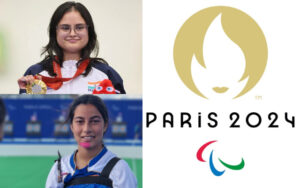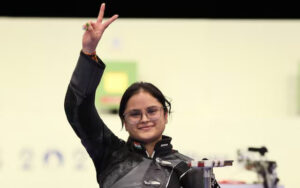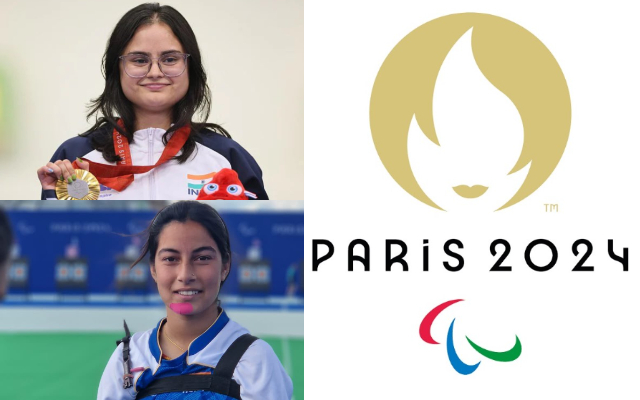
Sharmistha Gooptu in Paris
I was interviewing Dr. Ameya Kagali, chief team physician of the Indian Paralympic contingent in Paris and his words stayed with me. “We are not here to see an athlete’s impairment, we are here to see competition.”
Not disability but competition. Not a ‘them, who are different from us’ mindset, but ‘them, who strive to win and take home the kudos’, just like anybody else.
Yesterday, when Avani Lekhara won gold in 10m air rifle, Standing SH 1 was a category of competition, not a category of disability. The day before, Sheetal Devi broke the Paralympic and world record in archery, before her Turkish competitor re-established that record. And in all of this, disability was a technicality – to signify the category in which an athlete competes. Not a disadvantage, but a fact of classification.
For the Latest Sports News: Click Here

Viewed in this perspective, we are able to see para-sporting events for being the immense arena of empowerment that they are. For they provide the framework for us to view disability not as the end of things, but as a beginning. Without para-sport, Sheetal would forever be a lesser mortal, on account of her impairment, being born with a congenital disorder. But now, on account of her sport and her presence as a champion, we are able to view her as a poster girl, as somebody who can champion the cause of Indian girls worldwide.
To put things in perspective as we are covering the Paralympic Games, it is pertinent that we place disability not as the primary term of address, something which our culture has only recently started to learn. When we were growing up in Calcutta, it was like a norm to call a person with blindness ‘kana’ or a person with a disability in the legs as ‘khora’. It became like a prefix, like another name, and it was a term implying disrespect before anything else.
Mega sporting events like the Paralympics have increasingly started to teach us to make disability a secondary term of address – to say ‘person with disability’ and not disabled person. ‘Non-disabled’ instead of able-bodied, so that we make people with disability as normative as those without disability. We change the terms of address to make disability inclusive and an integral part of our society. For far too long we have shunned disability, for far too long we have neglected the potential for excellence in people with disability.

Working around a mega sporting event like the Paralympics or the para Asian Games helps us change our world views. Following para-sport can bring a sea change in our larger culture, wherein the understanding of normality and normative have for a very long time silenced large groups of people.
If the Paris Paralympic campaign is a success, it will bring a whole new voice to a large number of people, way beyond the sporting field. And it has started well for India, with four medals already in the kitty. It can be the tip of an iceberg.
Also Read: How the release of pressure helped Avani Lekhara win a second Paralympic gold





